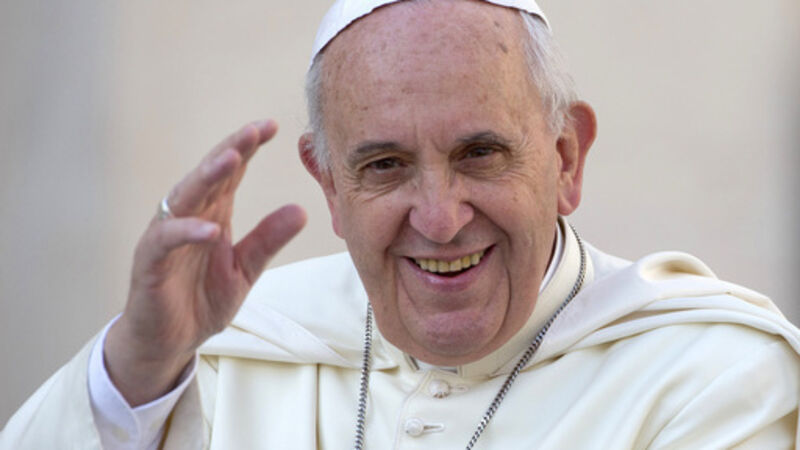Irish Examiner view: Pope's death is a watershed moment for Catholics

There have been authentically emotional reactions to the death of Pope Francis around the world, and Ireland has been no exception. File picture: Andrew Medichini/AP
Generous tributes have been paid to the late Pope Francis in recent days, reflecting the regard in which he was held. There have been authentically emotional reactions to his death around the world, and Ireland has been no exception, with many recalling his visit to these shores in 2018.
The passing of a pope has always been a watershed moment for Catholics: Those of a certain vintage may recall the shock of Pope John Paul II’s election, when the Polish native became the first pope from behind the Iron Curtain.













